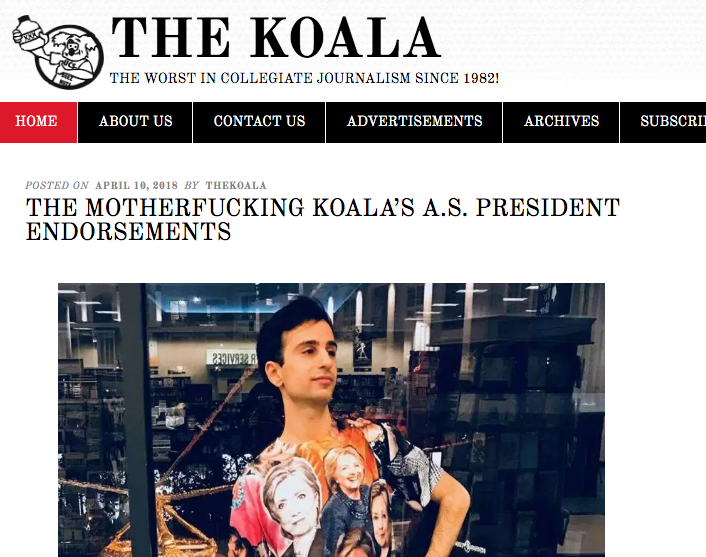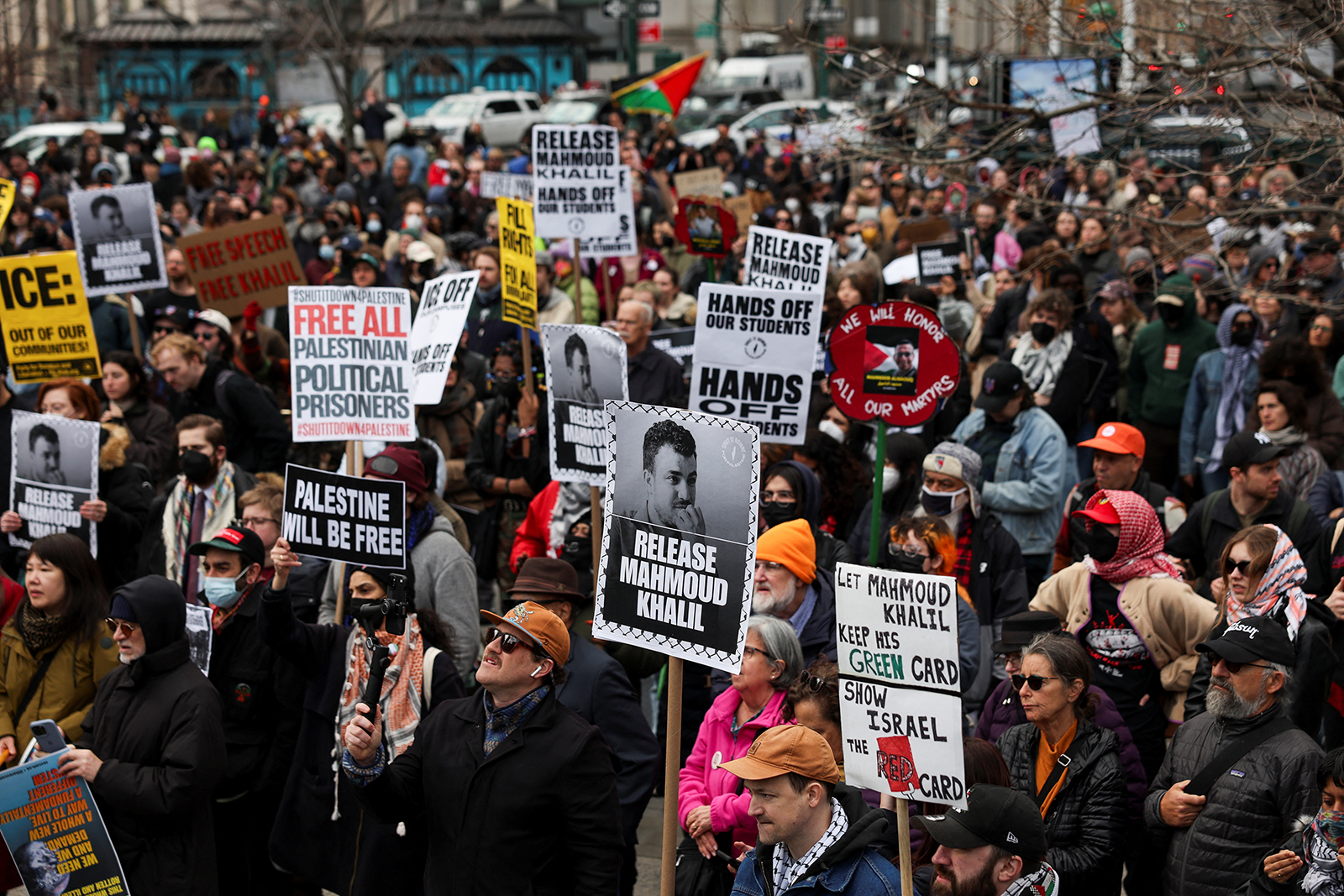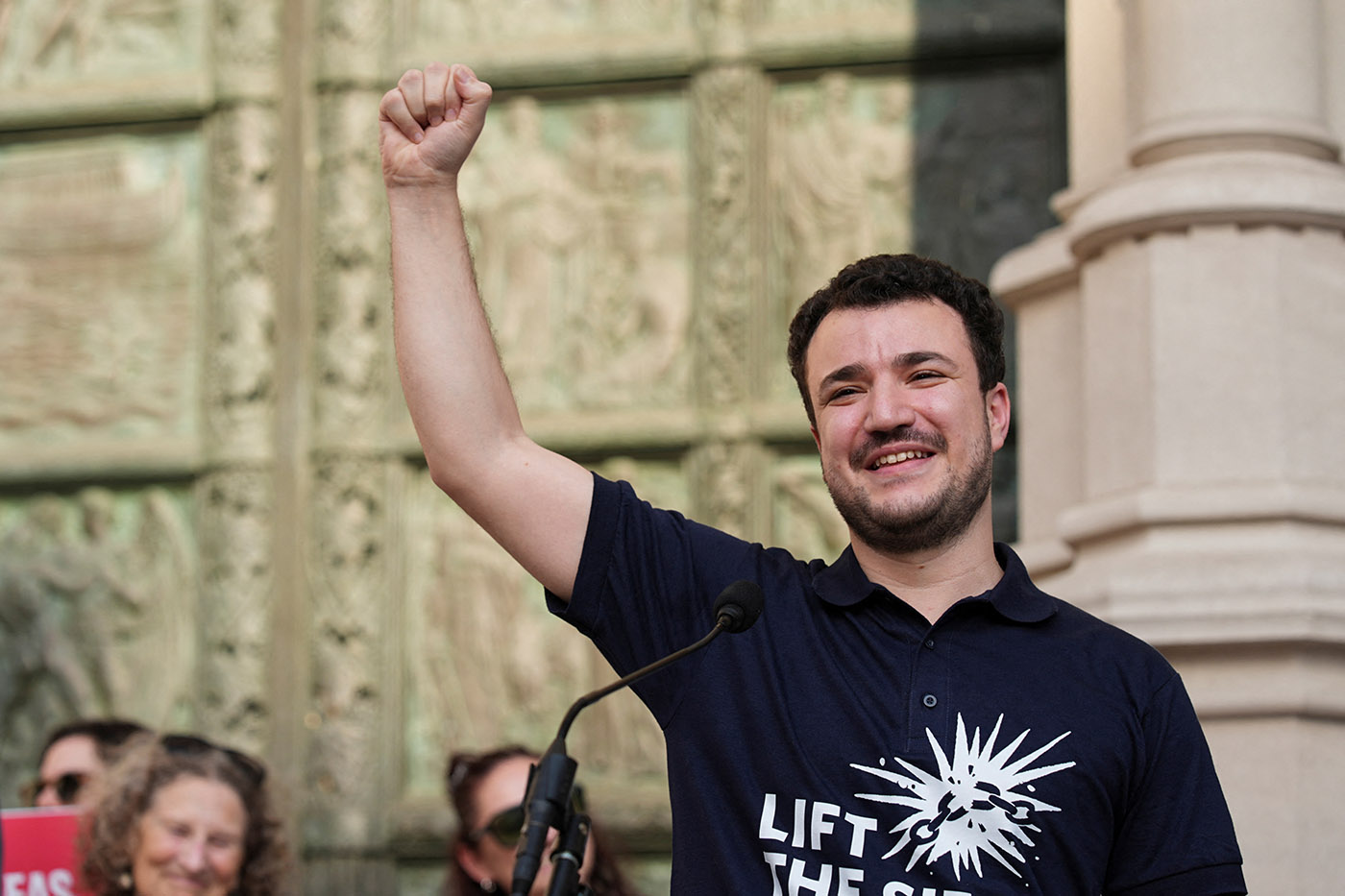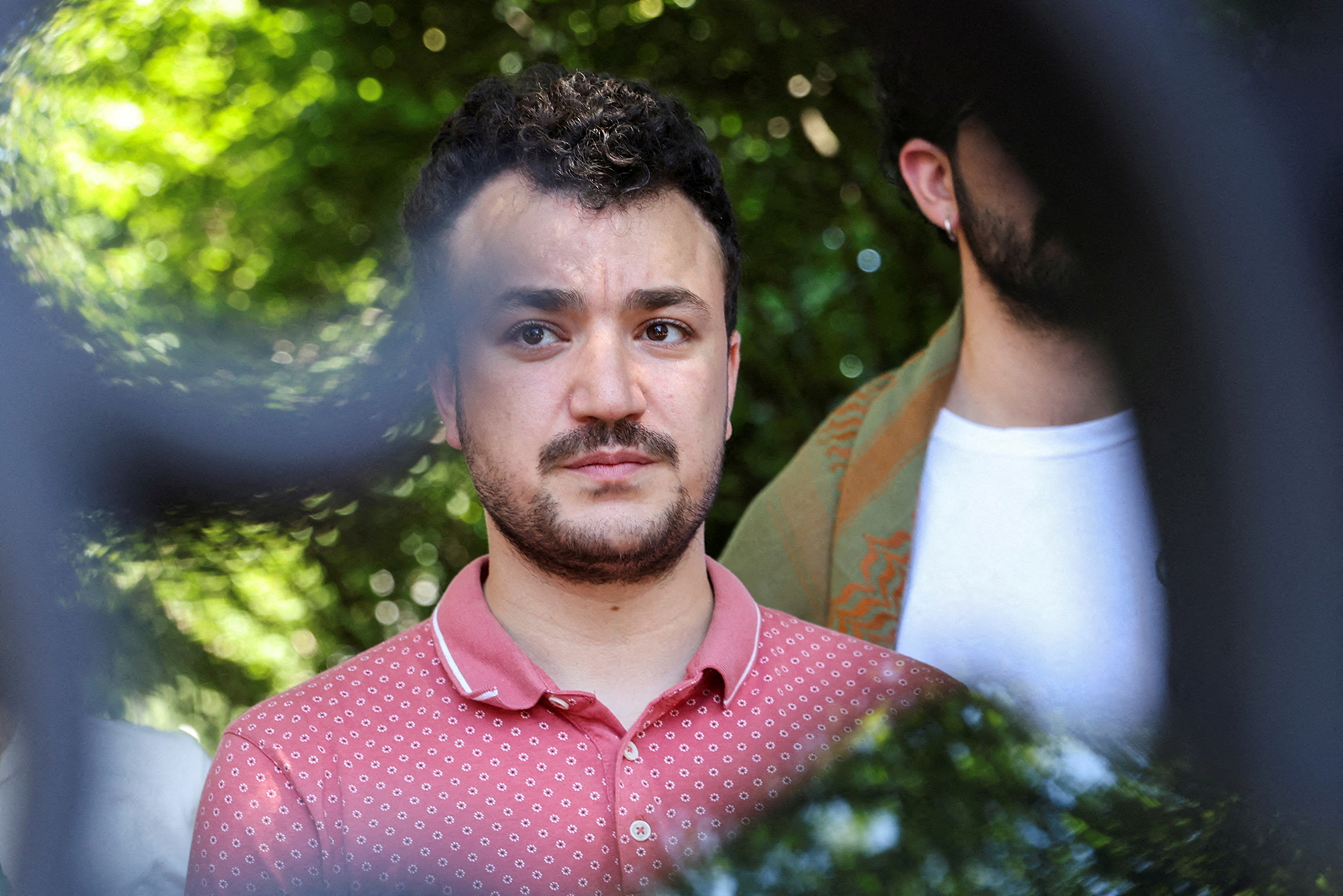The U.S. Court of Appeals for the Ninth Circuit overturned a lower court’s ruling that had dismissed a lawsuit brought by a student publication against the University of California, San Diego for First Amendment violations.
On November 16, 2015, The Koala, a student-run humor publication, posted an article satirizing the concept of safe spaces. Generously laced with ethnic slurs and negative stereotypes, the article drew heavy criticism, including from the university chancellor.
A few days after the article ran, the University’s student government, which had tried and failed several times to shut down The Koala, passed legislation eliminating media as one of the student organization categories that receive funding from student fees. The loss of funding prevented The Koala from publishing a number of issues.
In May 2016, The ACLU of San Diego filed a suit on behalf of The Koala, alleging that the university had violated the First Amendment. “There are two core issues: freedom of the press and freedom of speech. The university violated both by discriminating against the student press and discriminating against the viewpoint of one student newspaper,” The Koala’s attorney David Loy told Courthouse News Service at the time the suit was filed.
In February 2018, a federal judge dismissed The Koala’s suit, on several grounds, so the student publication appealed.
On July 24, 2019, the three-judge appeals court panel ruled that by cutting off funding for the media category, the university had created, and then closed, a “limited public forum,” thus violating The Koala’s free speech rights. Under the First Amendment, when the government–or a government actor such as a state university–creates a limited public forum, it must be open to speakers of differing viewpoints. The government may not discriminate against speakers because it disagrees with the viewpoints expressed.
In the Koala case, the university redefined the limited public forum to exclude certain expression it didn’t like, said the court. “If the government could define the contours of a limited public forum one way at its inception, then redefine its scope in response to speech it disfavors, the government would be free to zero in and selectively silence any voice or perspective,” U.S. Circuit Judge Morgan Christen wrote for the panel.
In other words, as ACLU attorney David Loy was quoted saying in Inside Higher Ed piece, “You cannot manipulate the scope of a program as subterfuge to justify and get away with censoring speech because of viewpoint. They tried to do an end run around the First Amendment.”
Courthouse News Circuit Court Ruling Inside Higher Education
Tags



